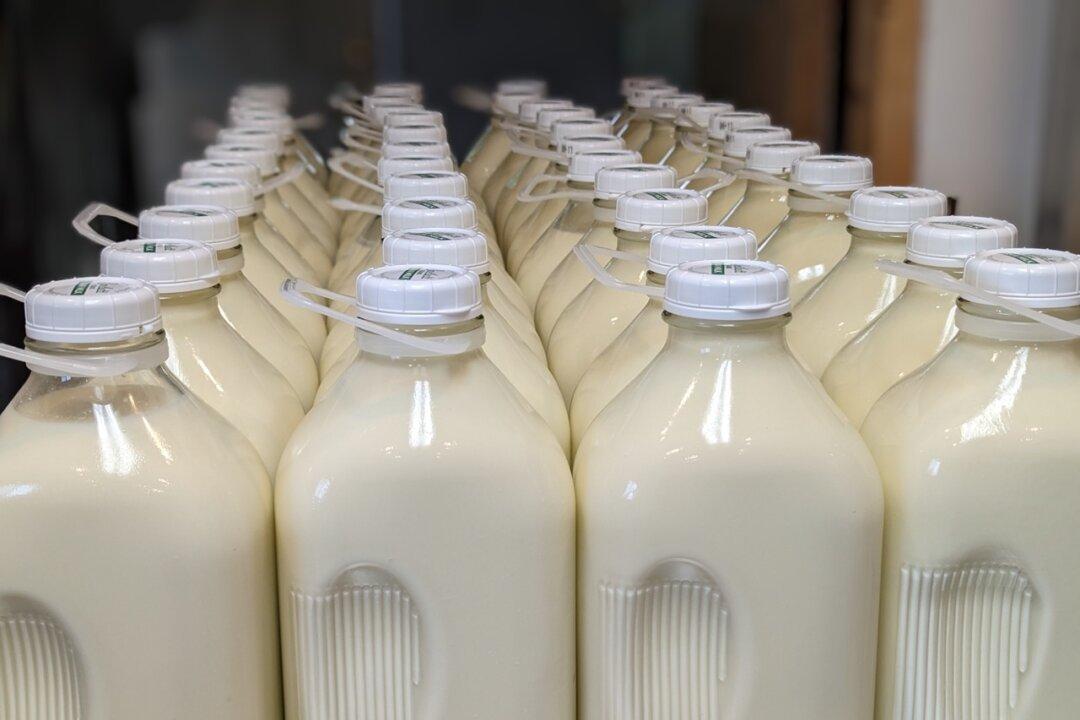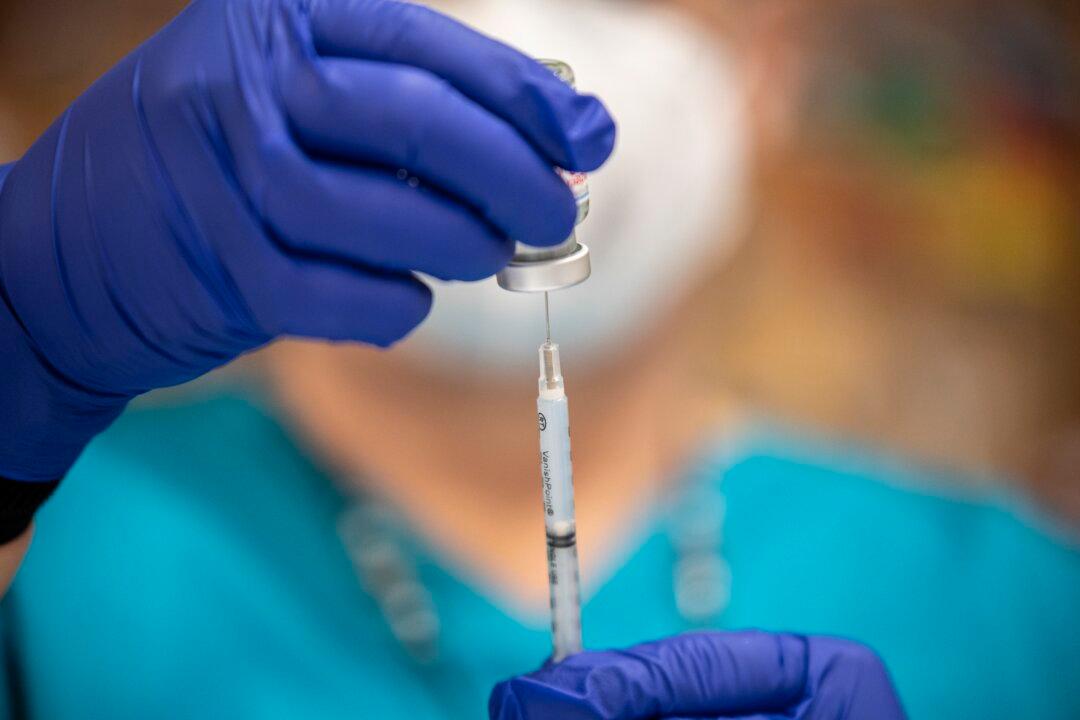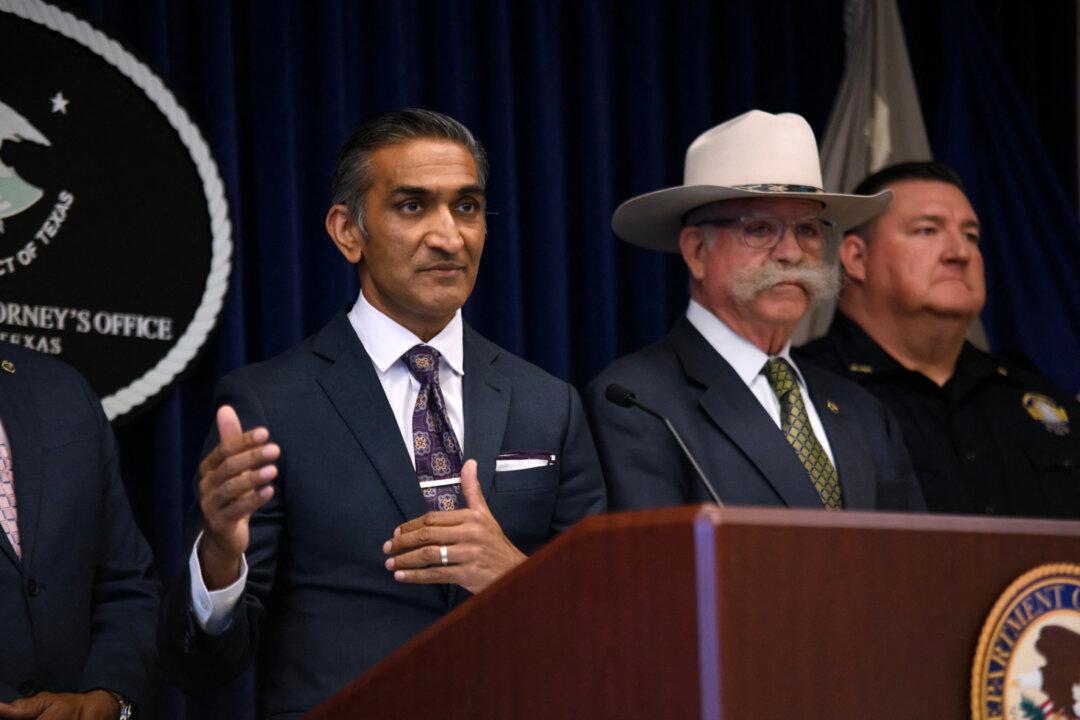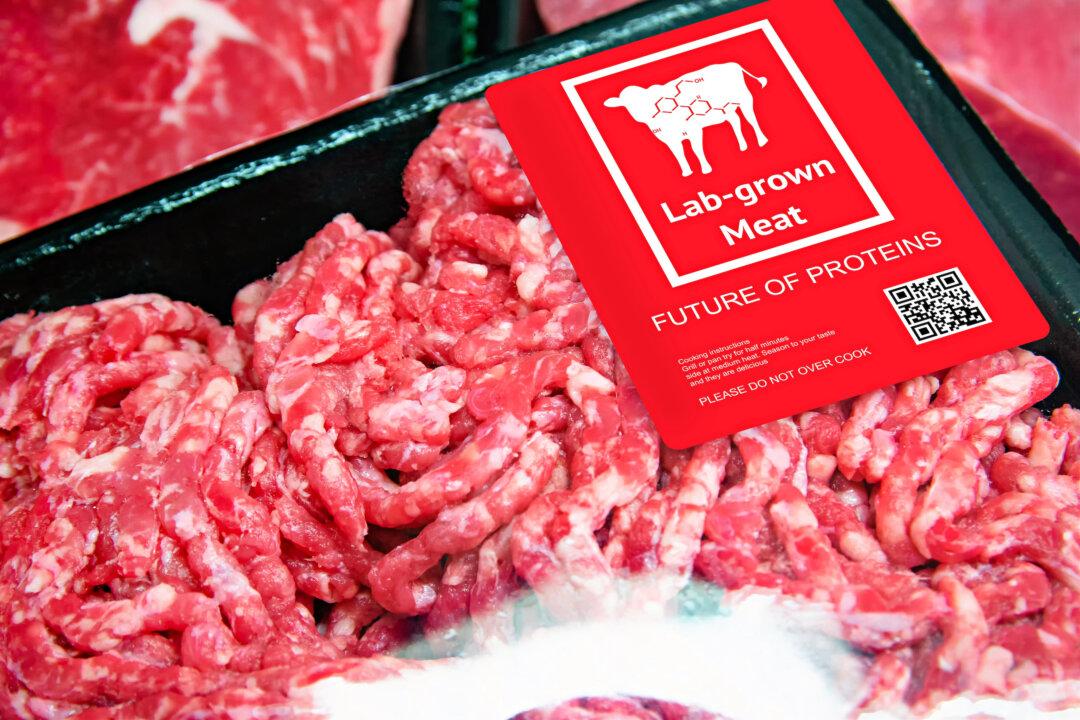A bill legalizing the sale of raw milk in Louisiana is about to become law as momentum for food freedom continues to grow nationwide despite federal pushback.
Following the bill’s passage in the Louisiana state House, which will effectively end the raw dairy ban, enthusiastic lawmakers began “mooing“ in celebration. The bill has been sent to the desk of Gov. Jeff Landry, who is expected to sign it into law.





